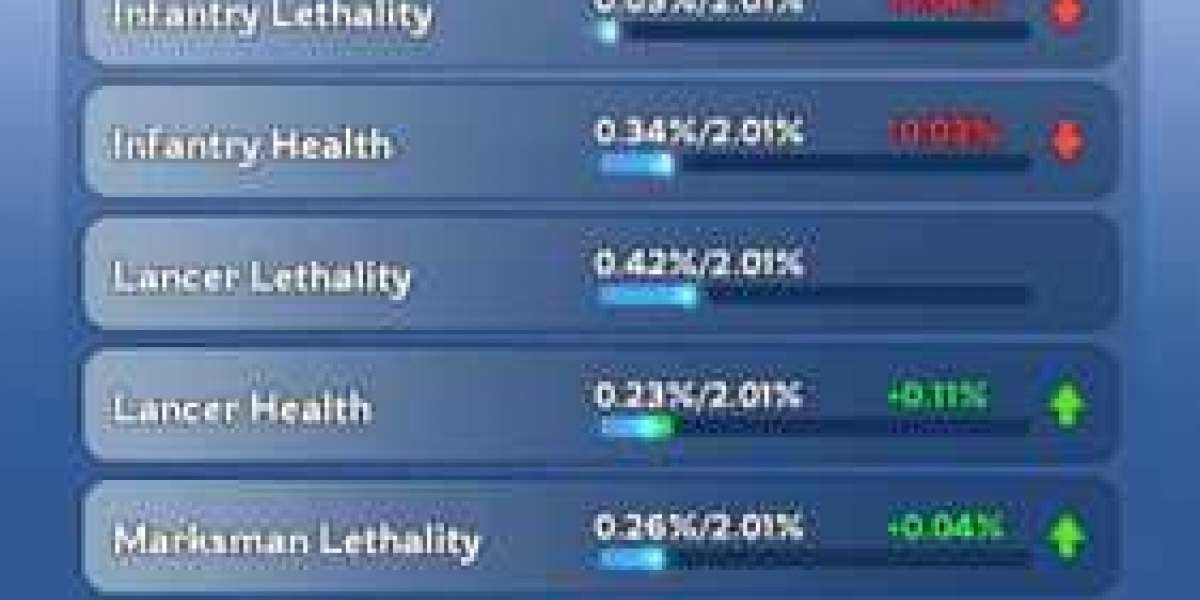Eviction is a serious legal for landlords matter that can disrupt a business’s operations and future plans. When a commercial tenant receives an eviction notice, it raises several concerns about their rights, obligations, and potential resolutions. One critical question that often arises is: what happens if the business pays rent after receiving an eviction notice? This article explores the implications, legal considerations, and potential outcomes of making a payment post-notification.
Understanding the Eviction Notice
Types of Eviction Notices
Before delving into the impact of rent payment, it's essential to understand the different types of eviction notices a commercial tenant might receive:
Pay or Quit Notice – This type of notice gives the tenant a specified period to pay the overdue rent or vacate the premises.
Cure or Quit Notice – Issued when the tenant violates lease terms other than rent payment (e.g., unauthorized use of property).
Unconditional Quit Notice – Requires the tenant to leave the premises without an option to pay or fix the issue.
Notice of Lease Termination – Indicates the lease will not be renewed and the tenant must vacate at the end of the term.
Legal Implications of an Eviction Notice
Receiving an eviction notice does not automatically mean immediate removal. It serves as a formal notification that action is required, giving the tenant a chance to remedy the situation before legal proceedings begin.
What Happens When a Business Pays Rent After Receiving an Eviction Notice?
Scenario 1: Pay or Quit Notice
If a business receives a Pay or Quit Notice and then pays the overdue rent within the specified timeframe, the eviction process is typically halted. The landlord responsibilities is legally required to accept the payment if the lease agreement supports this arrangement. However, late fees and penalties may still apply.
Scenario 2: Payment After Deadline
If the business pays after the deadline stated in the notice, the landlord may have the right to proceed with the eviction. However, some landlords may choose to accept the payment and reinstate the lease, depending on the circumstances and local laws.
Scenario 3: Unconditional Quit Notice
For an Unconditional Quit Notice, paying rent may not stop the eviction. If the landlord has already decided to terminate the lease due to repeated violations, legal action can proceed even if rent is paid.
Scenario 4: During Court Proceedings
If eviction proceedings have already started in court, a rent payment may not necessarily halt the process. However, the tenant can negotiate with the landlord or the court to reconsider the eviction if they can demonstrate financial stability and future compliance.
Legal Considerations for Businesses
Reviewing the Lease Agreement
Commercial eviction tenants should carefully review their lease agreement to understand their rights regarding late rent payments and eviction. Some leases include clauses that outline specific remedies for overdue rent.
Communicating with the Landlord
In many cases, landlords prefer to keep reliable tenants rather than go through the lengthy eviction process. Open communication can lead to agreements such as payment plans, lease amendments, or temporary rent reductions.
Seeking Legal Advice
A tenant eviction specialists or legal counsel for landlords and tenants can help businesses understand their rights and possible defenses against eviction. Laws vary by state and jurisdiction, making professional guidance essential.
Landlord’s Rights and Actions
Accepting or Rejecting Late Payment
Landlords may have the right to reject late payments if the eviction process is already underway. However, some jurisdictions require landlords to accept rent if it is offered before a judgment is issued.
Continuing with Eviction
If a landlord decides to proceed with the eviction despite rent payment, they must follow proper legal procedures, including filing for a court hearing and obtaining a judgment.
Offering a Lease Reinstatement
Some landlord advice may allow tenants to remain if they make full payment and demonstrate an ability to comply with lease terms moving forward. This option is usually at the landlord’s discretion.
Steps Businesses Can Take to Avoid Eviction
Establishing a Payment Plan
Negotiating a payment plan with the landlord can prevent eviction and maintain a good business relationship.
Applying for Financial Assistance
Businesses facing financial difficulties may qualify for government assistance, loans, or grants to cover rent expenses.
Seeking Mediation
Professional mediators or eviction specialists can help negotiate a solution between tenants and landlords to avoid litigation.
Conclusion
Paying rent after receiving an eviction notice does not always guarantee that the eviction will be stopped. While it may resolve the issue in cases of a Pay or Quit Notice, it may not be sufficient in other scenarios. Businesses facing eviction should act quickly by reviewing their lease, communicating with their landlord, and seeking legal guidance to explore their best options. Understanding the legal framework and negotiating effectively can help businesses stay operational and maintain their commercial space.














